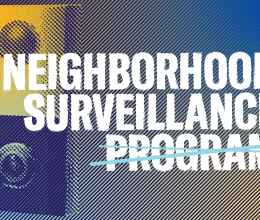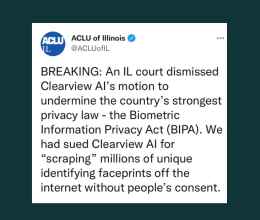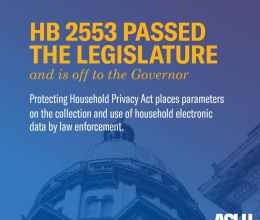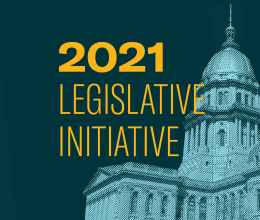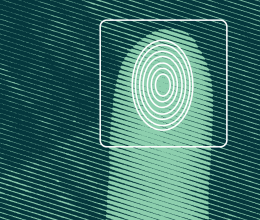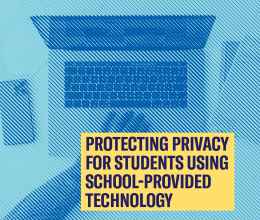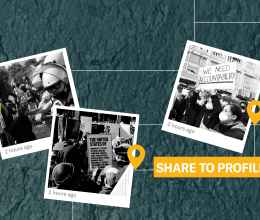
State and local governments, in partnership with other public and private entities, continue to explore effective ways to reduce the spread of COVID-19. Over the last couple months, this work increasingly included discussions about the use of contact tracing as one possible to tool to help detect and monitor those with coronavirus.
 |
The above figure represents the process for contact tracing as it would be applied to combat the spread of COVID-19. |
These discussions, however, are incomplete without proper consideration for the privacy implications of any contact tracing system. As decision-makers explore both manual and technology-assisted options for contact tracing, they must consider the security and privacy risks associated with each. Additionally, in a landscape where the public is already wary of sharing information with the government because of growing distrust, decision-makers need to think about ways to maximize trust, protect privacy, and build in government accountability for any contact tracing efforts. In our advocacy, we have been urging the government to actively consider the privacy implications of any contact tracing option they adopt. Among those are benchmarks calling for:
- Robust security
- Data minimization
- Voluntary participation
- Government accountability
- Transparency
In addition to these principles, we’ve also advocated that the government must remain focused on public health throughout the development and implementation of a contact tracing system. At no point should the contact tracing tool be used for any enforcement or punitive measures. Nor should it divert resources from necessary public health measures, such as increasing testing availability and hospital capacity.
Instead, we advocate that the government must view the process as a series of building blocks, with each effort building on the one before it. For example, once testing is widely available, ensure that people have the means to access care and self-isolate. Once that is accomplished, begin contact tracing efforts to identify who may have been exposed to COVID-19 and notify them of next steps.
Contact tracing can complement public health efforts but is an evolving process that must respond to the concerns raised by the public health crisis, while building and maintaining trust with the public. As such, government decisions-makers should actively seek public input and maintain a dialogue with experts to ensure the effort continues to be rolled-out thoughtfully, in a privacy-protective manner. Together, we can tackle the public health crisis without sacrificing our privacy rights in the process.
